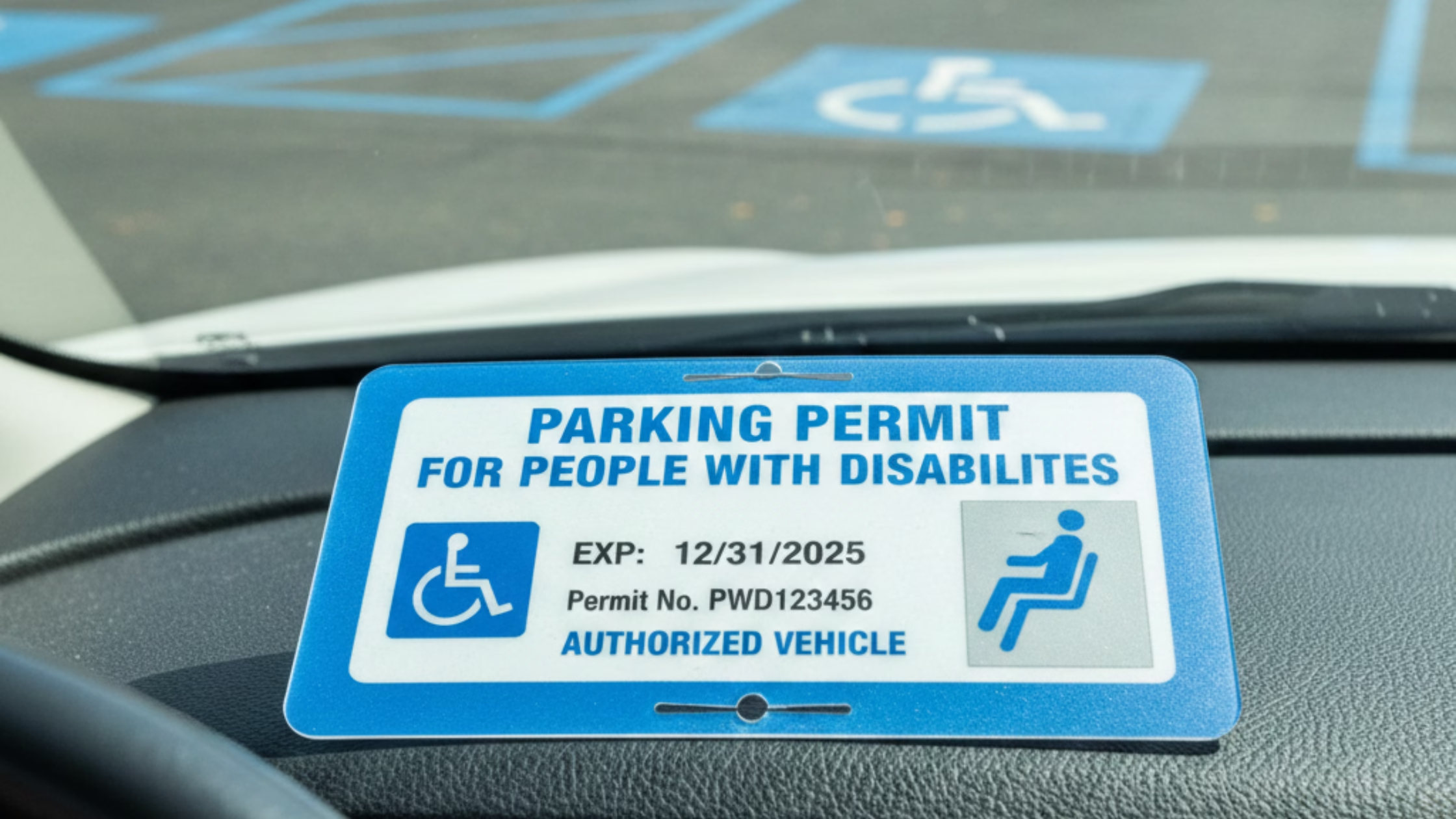Table of Contents
For many people with a disability, the dream of living independently can seem out of reach. However, with the right support, this dream can become a reality. This is where Supported Independent Living (SIL) Accommodation comes in. It’s a key component of the National Disability Insurance Scheme (NDIS) designed to help individuals live as independently as possible within their own homes.
So, who can apply for SIL accommodation, and what are the requirements? Eligibility hinges on meeting specific criteria set out by the NDIS, primarily for individuals with higher support needs who require help with daily tasks to live safely and comfortably.
What is SIL?
It’s a type of support funded by the NDIS that provides assistance or supervision for daily life tasks to help an individual live independently. This can include help with personal care, cooking, cleaning, and managing household chores. The goal of NDIS Supported Independent Living is not only to provide care but also to help participants develop their skills, enabling them to become more self-reliant over time.
Who is Eligible for SIL?
Eligibility for SIL begins with being an NDIS participant. This means you must:
- Be between 7 and 65 years old.
- Be an Australian citizen, permanent resident, or Protected Special Category visa holder.
- Have a permanent and significant disability that substantially affects your ability to participate in everyday activities.
Beyond these general requirements, SIL eligibility is assessed based on an individual’s specific support needs. SIL funding is typically for people with a high level of support needs who require round-the-clock help, including overnight support. This includes individuals who may have complex physical, intellectual, or psychosocial support needs that make it difficult for them to live safely without assistance.
The NDIS will assess whether SIL is a “reasonable and necessary” support for your situation. This means they will look at whether the support is value for money and whether it will genuinely help you achieve your goals and live a life of greater independence.
A Common Question: SDA vs SIL
A point of confusion for many is the difference between SDA vs SIL. While both are NDIS home and living supports, they serve very different purposes.
- Supported Independent Living (SIL): This funding is for the support services you receive in your home. It pays for the staff who help you with daily tasks such as showering, getting dressed, cooking, and taking medication.
- Specialist Disability Accommodation (SDA): This is funding for the home itself. It’s for people who have extreme functional impairments or very high support needs that require them to live in a specially designed home. SDA funding is separate from SIL funding and covers the building costs, not the care services.
You can receive both SIL and SDA funding, but it’s crucial to understand they are separate budget items within your NDIS plan.
What’s Required to Apply for SIL?
The process of applying for SIL Accommodation involves careful planning and clear documentation to demonstrate your need for this level of support. Here’s what’s generally required:
- Be an NDIS Participant: As mentioned, this is the first and most essential step.
- Gather Evidence: You will need reports from health professionals, such as occupational therapists or doctors, that detail your current support needs and how they impact your ability to live independently.
- Create a Roster of Care: A detailed Roster of Care outlines the support you need, including the type of support (e.g., help with morning routines, meal preparation), the frequency (e.g., daily), and the duration (e.g., one hour per day). This document is crucial for demonstrating your needs to the NDIS.
- Engage a Support Coordinator: A Support Coordinator can be invaluable in this process. They will help you navigate the complexities of the NDIS, gather the necessary reports, and develop your Roster of Care, ensuring your application for SIL NDIS funding is as strong as possible.
The Application and Assessment Process
The application for SIL Accommodation is a crucial step, and being prepared for your NDIS planning meeting can make all the difference. During this meeting, you’ll need to explain why Supported Independent Living is the best option for your unique situation.
Planning Meeting Preparation
To make a strong case, be ready to discuss:
- Your goals for independence: What do you hope to achieve with SIL?
- Current daily challenges: How do your support needs currently impact your ability to live safely at home?
- How SIL will help: Explain how this specific type of support will enable you to live more independently.
- Alternative options: The NDIS will want to know if you’ve considered other less intensive supports and why they don’t meet your needs.
The NDIS Assessment Criteria
The National Disability Insurance Agency (NDIA) evaluates all applications based on whether SIL is a “reasonable and necessary” support. This assessment is comprehensive and considers several key factors:
- Effectiveness: Will NDIS Supported Independent Living truly help you achieve your personal goals?
- Value for Money: Is SIL the most cost-effective and efficient way to provide the necessary support?
- Alternative Supports: Have you explored other options, such as informal supports or less intensive services, and are they genuinely unsuitable for your needs?
- Long-Term Benefits: Will this support help build your skills and capacity for greater independence over time?
By preparing for these questions and providing clear, detailed information, you can significantly improve your chances of a successful application for SIL funding.
Final Thoughts on SIL
SIL Accommodation is a life-changing support for many people with a disability, providing them with the assistance they need to live a fulfilling and independent life. At TK Community, we understand that navigating the NDIS can be challenging. We are here to guide you through the process, from understanding your eligibility to preparing a robust application. If you or a loved one is looking to explore SIL Accommodation options, contact us today to discuss your NDIS plan and find the perfect living arrangement to suit your needs.



